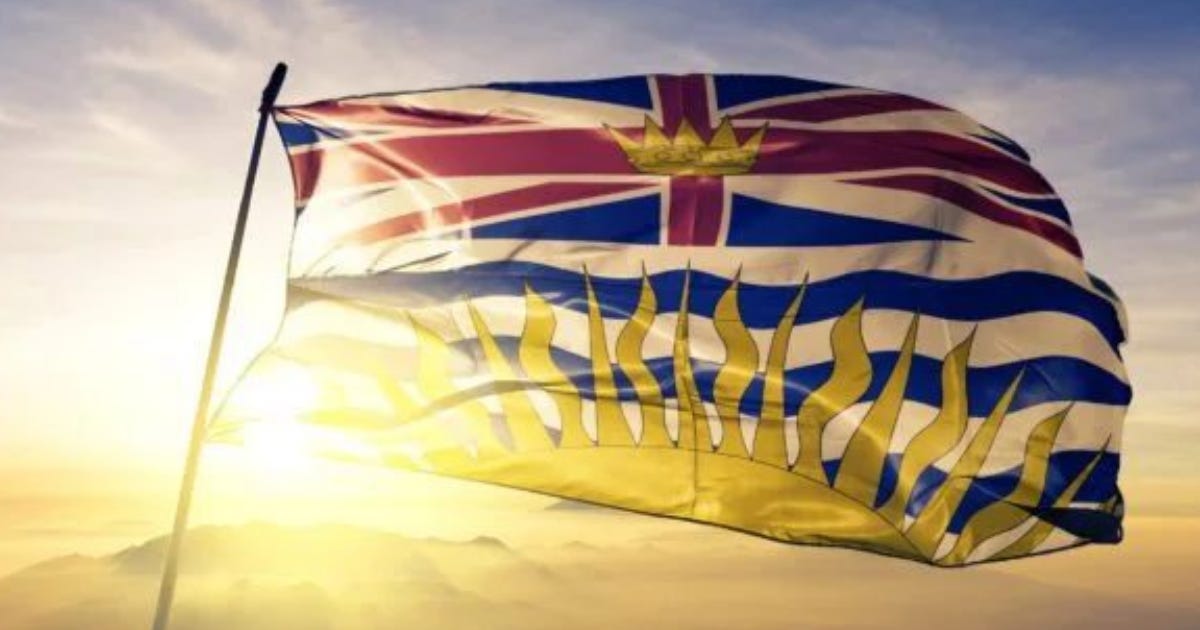B.C. keeps renaming landmarks in languages spoken by only a handful of people
British Columbia continues to rename streets, provincial parks and even entire cities in Indigenous languages.
British Columbia continues to rename streets, provincial parks and even entire cities in Indigenous languages that the United Nations Educational, Scientific and Cultural Organization classifies as “critically endangered.”
One prominent example came in 2018, when the province renamed Roderick Haig-Brown Provincial Park—home to one of North America's largest sockeye salmon runs—to Tsútswecw Provincial Park.
The new name, pronounced “choo-chwek,” is a Secwepemc term meaning “many rivers.”
According to the B.C. government, the name change formed part of the province’s “reconciliation” efforts and its five-year commitment to the United Nations Declaration on the Rights of Indigenous Peoples.
Located between Adams Lake and Shuswap Lake, Roderick Haig-Brown Provincial Park was established in 1977 to conserve and protect the spawning beds used by various species of salmon.
The park’s former namesake, Haig-Brown, was a conservationist who wrote several books educating the public about the importance of protecting salmon, watersheds and sustainability.
Despite his efforts — and both historical and personal significance to the park — the B.C. government went ahead with the name-change as part of its “reconciliation efforts with Indigenous peoples.”
More recently, the City of Vancouver made headlines this year when it renamed Trutch Street to šxʷməθkʷəy̓əmasəm following a unanimous 2021 city council vote in favour of the name change.
 Tiktok failed to load.
Tiktok failed to load.Enable 3rd party cookies or use another browser
The new street name translates from the hən̓q̓əmin̓əm language to "Musqueamview," referring to a vantage point or perspective overlooking traditional Musqueam territory.
According to the most recent comprehensive report on British Columbia First Nations languages, there are just over 100 fluent speakers of the language — and far fewer are capable of reading or writing in it.
Delivery agents, banks, emergency responders, city systems, and even agencies like Canada Post and ICBC have said they've had trouble displaying and processing the new name.
On Vancouver Island, meanwhile, the city of Powell River, which has a population of about 15,000, faces a possible name change in 2026 following calls from the Tla’amin Nation to drop the colonial name.
The local visitor information centre has already rebranded as the “Qathet Visitor Centre,” adopting the Tla’amin word for “working together.”
A newly installed poster at the centre instructs visitors to “identify your intentions and willingness to abide by Tla’amin protocol,” though staff have admitted they cannot explain what those protocols entail.
The Tla’amin Nation estimates only 68 people speak its language fluently.
British Columbia is home to roughly 30 Indigenous languages, all of which UNESCO categorizes as “critically endangered.”
That status—Grade 1 on the organization’s vitality scale—generally means a language is spoken almost exclusively by great-grandparents or older generations, with little intergenerational transmission.
But that hasn't stopped the B.C. government from utilizing these languages—rarely spoken, even amongst the Aboriginal populations that created them—to rename everything from streets to community centres to entire communities.






BC is lost! It’s not our job to keep ancient languages going. It’s their language therefore their responsibility.
Naming things is for expedient identification among the citizens- Putting names that no one will use is idiocy.
They are trying it here(Ontario) and we will simply ignore the new ones until sane leaders come back and change them.
It's like asking me for my pronouns- I will not comply. Kiss my Butt!
When did our governments get hijacked by minor players in society at the expense of everyone else.
We need recall legislation at all levels of government and other exclusive bureaucracies that make rules for all when we don't support them- Covid mandates maybe from health Canada??
If we could have done that maybe there would have been no freedom convoy or lockdowns or masks or passports or banning walks in the woods.
This must get done!